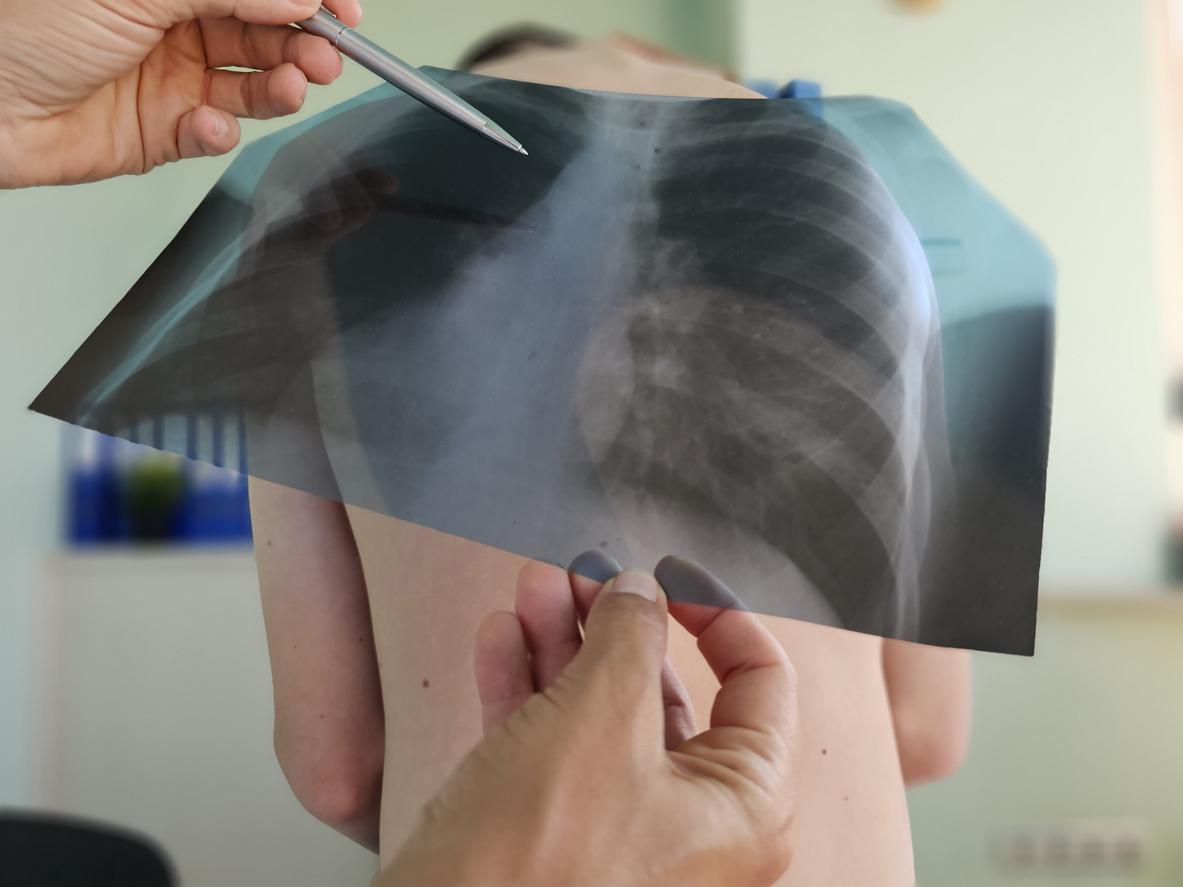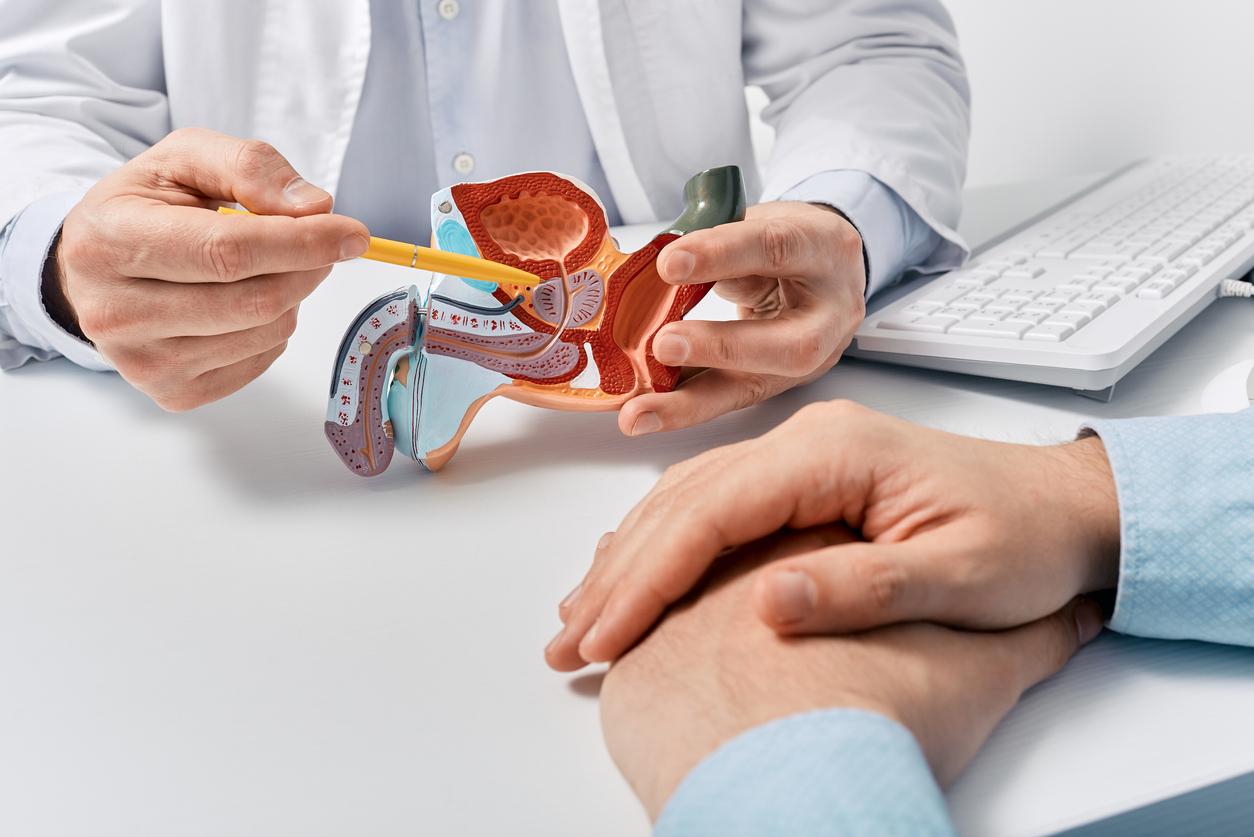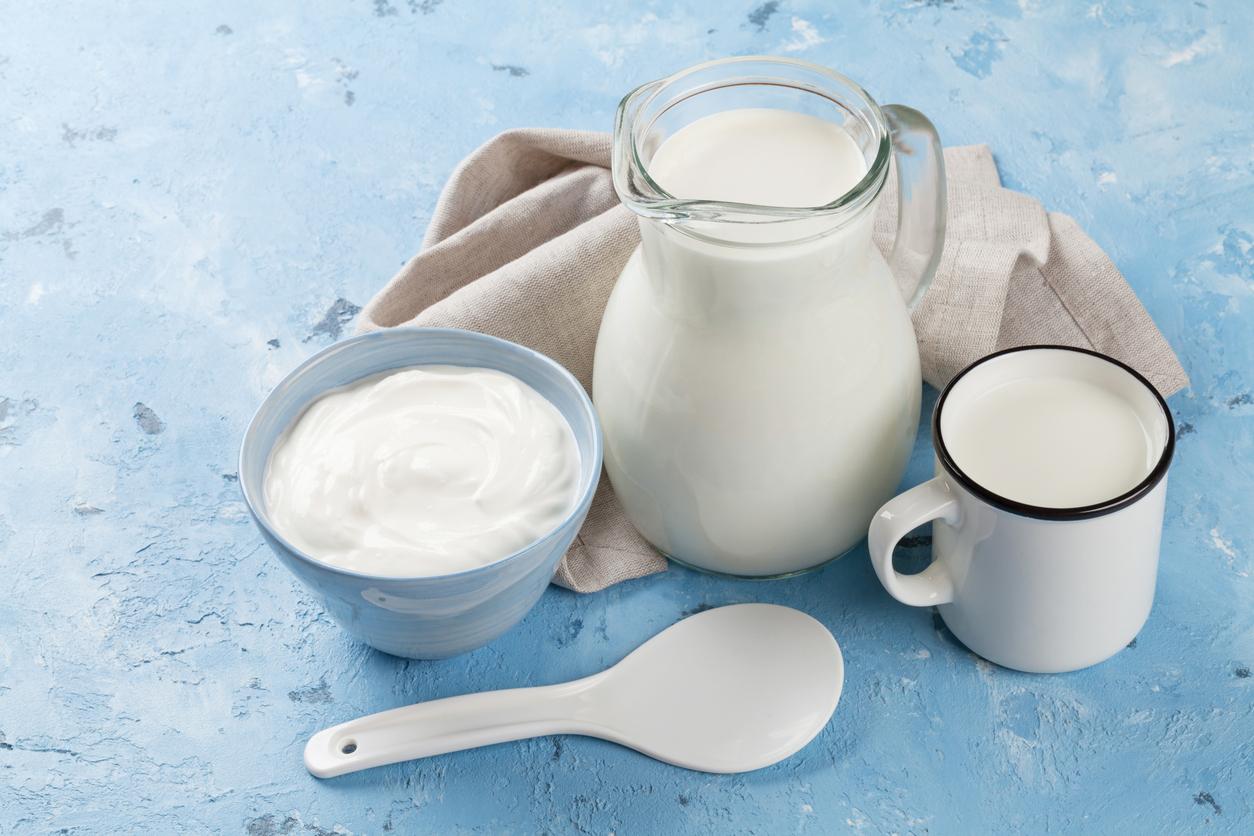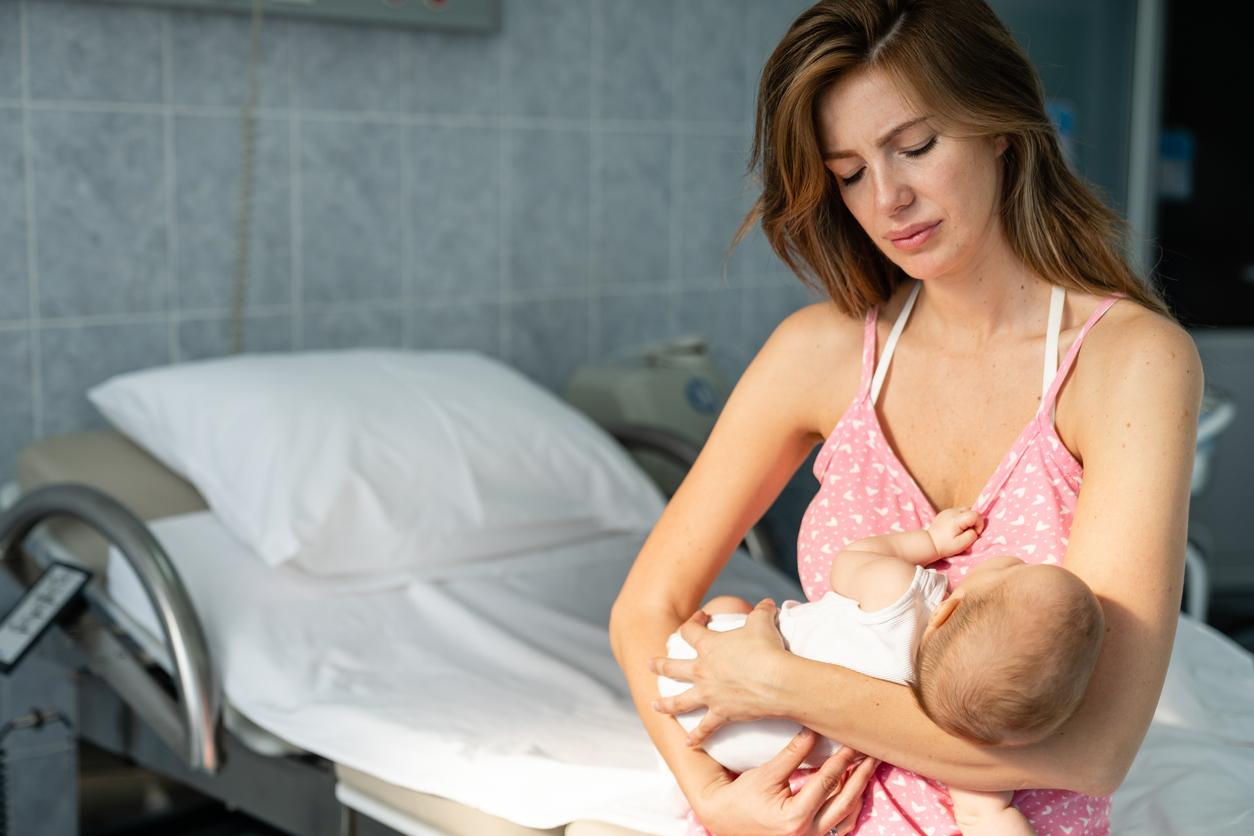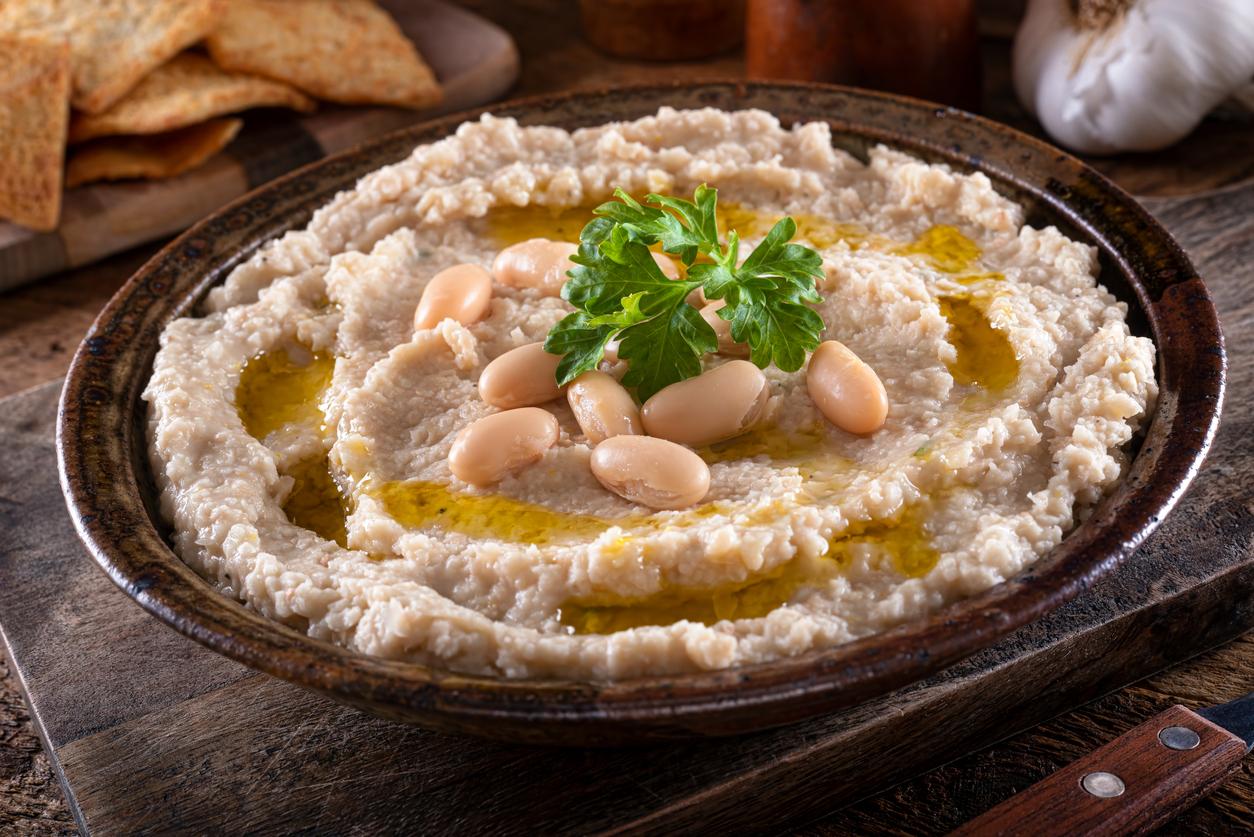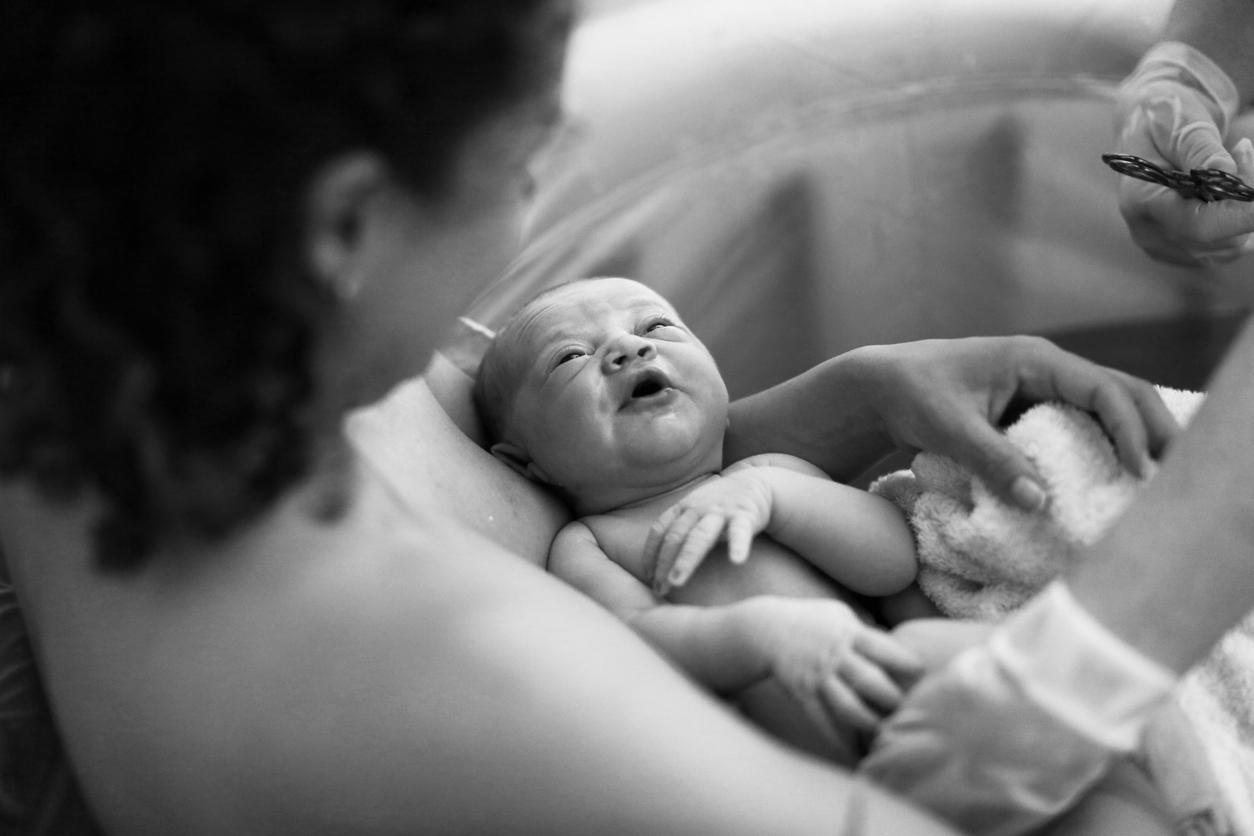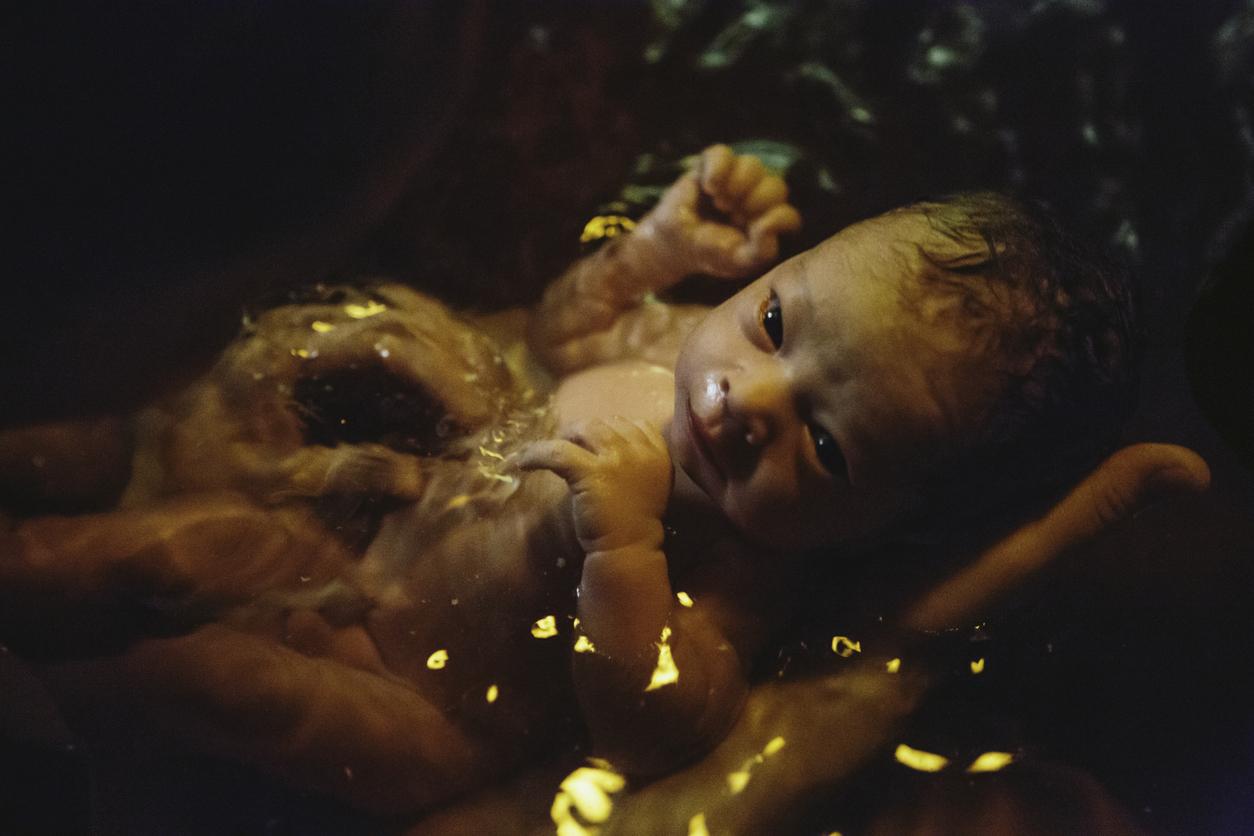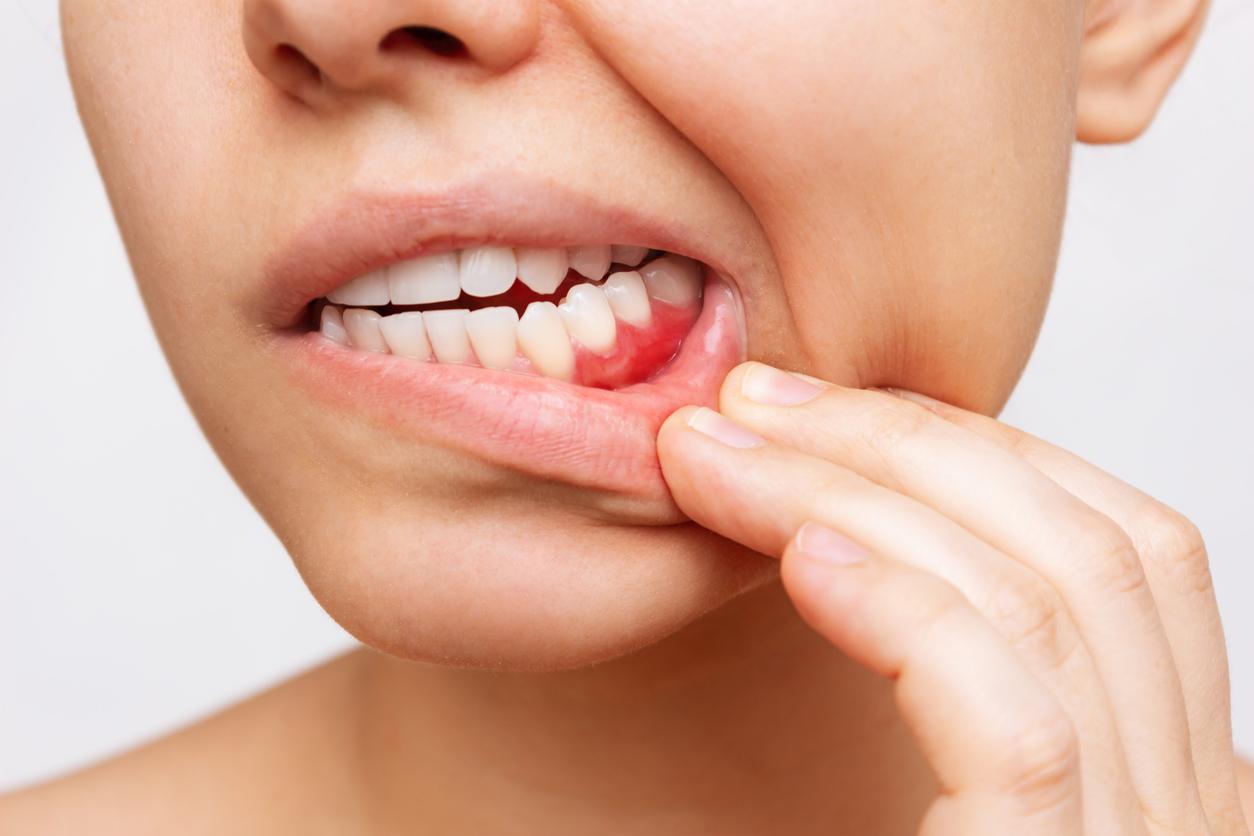Regardless of the type of delivery, the mother’s vaginal microbiome has no influence on the intestinal microbiome of her baby.
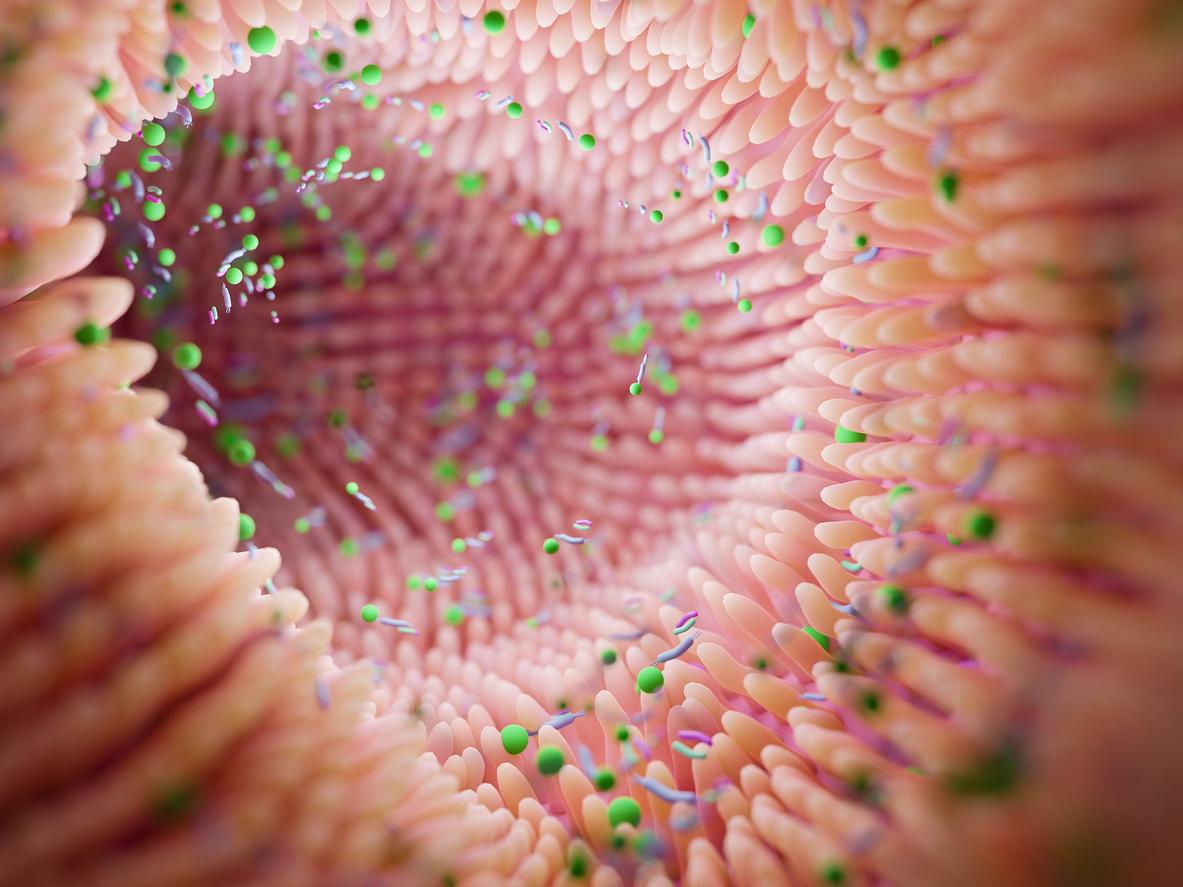
- Until now, scientists thought that the mother’s vaginal microbiome influenced the intestinal microbiome of children.
- A new study shows that it has no influence on the composition of the intestinal microbiome of the child.
- In contrast, a baby’s gut microbiome could be influenced by breast milk or exposure to antibiotics.
Maternal and child health are linked, but science still has a lot to discover about this link. For a long time, scientists have considered that the mode of delivery can have an influence on the intestinal microbiome of babies, because the way in which they are born exposes them more or less to the vaginal microbiome of their mother. But a study, published on Thursday, March 30, calls this assertion into question. According to their results, the composition of the intestinal microbiome of a baby would not be influenced by that of the vaginal microbiome of its mother. They publish their work in the journal Frontiers in Cellular and Infection Microbiology.
Microbiome: a study with mothers and their babies
To carry out this research, scientists from various Canadian universities recruited more than 600 pregnant women. Maternal vaginal swabs were collected before delivery. Then, stool samples from the babies were taken within 72 hours of delivery, as well as 10 days and three months after birth. “From this study and other follow-up work, we were able to show that the transfer of vaginal bacteria into the infant gut is limited and that the maternal vaginal microbiome is not a significant contributor to the bacterial community that develops in a baby’s intestine after birth“, explains Scott Dos Santos, co-author of this study. Whether ten days after birth or three months after, they did not observe a link between the vaginal microbiome of the mother and the intestinal microbiome of the child. .
What factors influence the composition of the gut microbiome of babies?
“Rather, other maternal sources such as breast milk and environmental exposure likely play a much larger role.“, adds this scientist. They also observed differences in the composition of the microbiome between babies and according to the modes of delivery. “The differences we found between the stool microbiome composition of infants by mode of delivery in early life appeared to be primarily influenced by antibiotic exposure at the time of birth.“, specifies Deborah Money, co-author.
Baby’s gut microbiome: what could these discoveries bring?
With the team, they intend to continue their work, this time focusing on breast milk and its links with the intestinal microbiome of children. As they point out in the preamble to their study, understanding the factors that influence the microbiome of children will improve their care. For example, today it is generally accepted that lack of exposure to the maternal vaginal microbiome explains why babies born by caesarean can suffer from an imbalance of the intestinal flora. These results provide a new perspective.



